Asif Saeed Khosa to head SC full court
16-judge bench likely to review judicial reforms announced by Justice Khosa
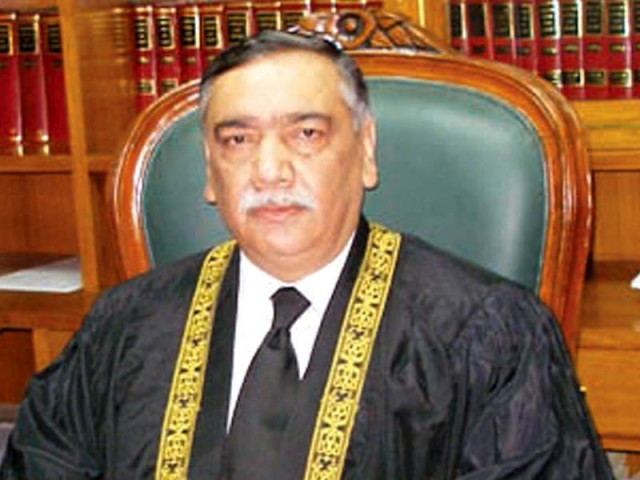
Justice Asif Saeed Khosa.
The CJP has also summoned a meeting of all inspector generals of police (IGPs) on February 11 regarding implementation of police reforms to improve the criminal justice system.
Chief Justice of Pakistan Asif Saeed Khosa: a literary genius
Agenda of the full court meeting is unconfirmed but it is significant in the backdrop of judicial reforms announced by the CJP in his first speech on January 17.
Justice Khosa had said either through a full court meeting or through a judicial exercise an effort shall be made to determine and lay down the scope and parameters of exercise of the original jurisdiction of this court under Article 184(3) of the Constitution.
And, if deemed appropriate, to carve out the scope of an Intra-Court Appeal in such matters through an appropriate amendment of the Supreme Court Rules or to suitably amend the provisions relating to review jurisdiction so as to enlarge its scope in such cases, he said.
“I am conscious that the issues being faced by the justice sector are gigantic but I may assure you that no stone shall be left unturned in attending to such issues and in trying to improve the situation. With Baloch blood running in my veins I shall fight till the end and I am confident that with the support and cooperation of my colleagues and the bar the struggle shall bear fruit,” he added.
The CJP said suo motu exercise of this court’s jurisdiction under Article 184(3) of the Constitution shall be exercised very sparingly and only in respect of larger issues of national importance where either there is no other adequate or efficacious remedy available or the available constitutional or legal remedies are ineffective or are rendered incapacitated.
Unlike his predecessor Mian Saqib Nisar, the incumbent CJP has neither entertained any constitution petition nor taken any suo motu notice so far.
Police meetings
As the Law & Justice Commission of Pakistan chairman, the CJP has also summoned a meeting of all police inspector generals on February 11 to discuss implementation of Police Reforms Committee (PRC) report. The CJP is focusing on improve criminal justice system, wherein police is a key component.
The Police Reforms Committee was working on three broad areas of its terms of reference (ToRs), including model police law, accountability and operational matters and legislative reforms.
The first question that came before the PRC was the constitutionality of the police law in Pakistan. A brief survey of constitutional aspects of police law was carried out. The record shows that since 1947, the federal nature and the role of federation in dispensing criminal justice has been constitutionally protected, according to the executive summary of the PRC report.
The summary says after the 18th Constitutional Amendment, the propensity of the provincial governments to control police led to multiplicity of provincial police laws without appreciating the jurisprudence expounded by the Supreme Court and without taking into account importance of fair and effective enforcement of fundamental rights of the people as guaranteed in the Constitution.
At the moment, the four provinces have introduced separate police laws in disregard to Articles 142 and 143 of the Constitution, it says.

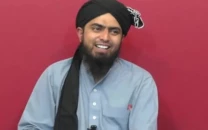
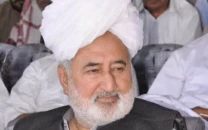


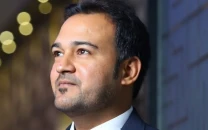
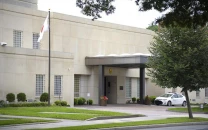












COMMENTS
Comments are moderated and generally will be posted if they are on-topic and not abusive.
For more information, please see our Comments FAQ